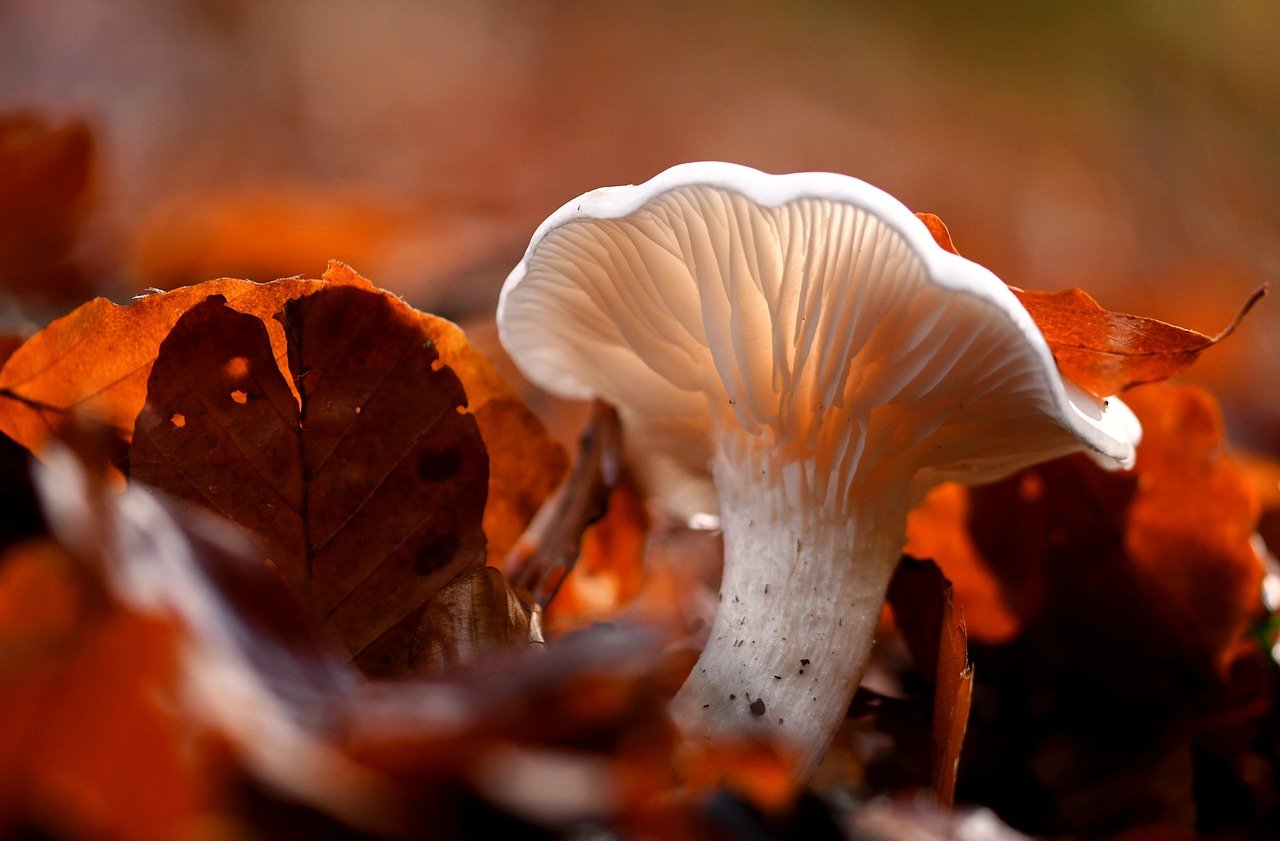The course examines plant-microbe interactions, focusing on both pathogenic and symbiotic relationships. It introduces key concepts of plant pathology, including mycology, prokaryology, and virology, as well as mechanisms of pathogenesis such as enzymes, toxins, and phytohormones. It analyzes plant defense mechanisms and the role of signaling in resistance development, covering induced active mechanisms, the hypersensitive response, and systemic acquired and induced resistance. The course explores the significance of the microbiome and endophytic microorganisms in plant wellbeing, productivity, and adaptability, while also presenting biotechnological applications in these areas. Additionally, it provides an in-depth discussion of symbiotic plant-microorganism interactions, including mycorrhizae and symbiotic nitrogen fixation. The role of these interactions in plant nutrition and adaptation to adverse environments is highlighted. Special emphasis is given to the molecular mechanisms of recognition, establishment, and evolutionary development of these symbiotic relationships.


